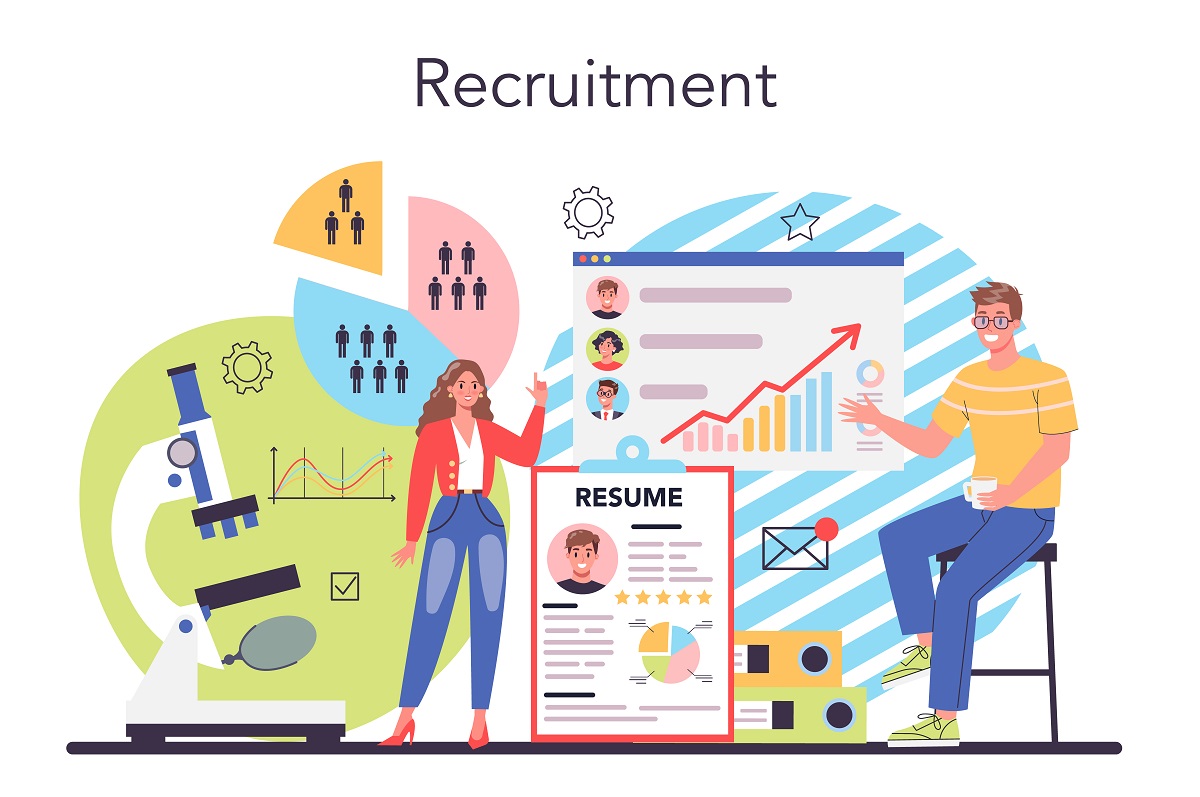Remote Staffing
Don’t Miss These 6 Java Developer Skills While Hiring in 2023
In the ever-evolving world of technology, Java continues to be a popular and widely used...
Dressing up for an interview and traveling with a folder with your resume and accolades sound so fancy and unreal now, which was quite a cliché until a few years back.
Does this mean that the essential discipline or interview protocol is also a thing of the past in the age of virtual interviews?
Not at all.
Post-pandemic, there has been an unusual surge in demand for technical skills, and the supply side (talent) has wholly controlled the market, be it the cost of talent, backout’s, or tantrums. That trend was short-lived; there has been a correction since then. Many candidates picked the bad habits in that phase and thought a more casual approach to the interview basics was cool. But wrong, they are often judged negatively by the interviews.
With a staggering 73% of companies adopting remote work, the competition for top talent has intensified. This guide is your safety net, providing essential dos and don’ts to help you ace your next remote software developer interview. Let’s navigate this digital landscape together and land that dream job.
Choose a quiet, well-lit room with minimal distractions to optimize your focus. Ensure a stable internet connection to prevent technical difficulties. Test your audio and video equipment beforehand to guarantee a smooth interview process.
Dress professionally from head to toe to create a polished appearance. Maintain consistent eye contact with the camera to engage your interviewer. Use clear and concise language to communicate your thoughts effectively. To ensure a respectful conversation, avoid interrupting others.
Delve deep into the company’s mission, values, and products to comprehensively understand its culture and goals. Carefully analyze the job description to identify key requirements and align your skills accordingly.
Research and revise critical technologies and concepts relevant to the job. Focus on both foundational knowledge and recent advancements to ensure you can confidently demonstrate your expertise. This preparation helps you present a well-rounded understanding of the skills necessary for the role.

Technical glitches can derail a remote interview. Ensure a stable internet connection with strong bandwidth to avoid interruptions. Thoroughly test your microphone, camera, and screen-sharing functions beforehand. Familiarize yourself with the video conferencing platform to prevent technical difficulties and focus on showcasing your skills.
Proper communication and presentation are crucial for a successful remote interview. Avoid hindering your performance by neglecting research on the company and role. Maintain eye contact with the camera to appear engaged. Ensure clear and audible communication, free from background distractions. Confidence is key, but avoid crossing the line into arrogance.
Your attitude and demeanor are crucial during a remote interview. Failing to ask questions about the company or role can indicate a lack of interest. Enthusiasm is contagious, and a genuine interest in the opportunity is essential. Finally, respecting the interviewer’s time by arriving on time and concluding the interview professionally is paramount to leaving a positive, lasting impression.
Approach the interview honestly using only your knowledge and skills. Avoid unfair means or external assistance, such as unauthorized resources or cheating tools. Demonstrating genuine abilities ensures a fair assessment of your qualifications and upholds professional and ethical standards. Below are some of the most common unfair means the candidates use, which lead to their disqualification sooner or later.
A. Using a proxy candidate – Some people think they can cheat the system in remote setup once and for all, but they forget even if they make it to the next round or somehow to the final selection, the truth will be out at background verification, document verification stages and eventually at work stage within few days.
B. Lipsyncing – Some candidates would lipsync on the video to the answers given by someone else in the room; generally, they will use ‘the internet’ due to lag and latency. Their videos would always be dark and shady, which are red flags.
C. Using AI Tools– Be it offline tests or real-time machine tests, candidates are not supposed to use any tools that rig the interview process and inflate their knowledge. Believe me, sooner or later, your natural skills will be revealed, and you could risk your job. Fake till you make it doesn’t always work. Yes, there will be scenarios where your AI skills may also be tested, and your prompt writing skills could be tested, but all that will happen when the panelists pre-inform you about it.
Hope these tips help you find your dream job. Best of luck.

In the ever-evolving world of technology, Java continues to be a popular and widely used...

Remote work has been around for a while, but the COVID-19 pandemic accelerated its adoption....

Introduction: Case 1: In 2016, Ravi was a college dropout, and his decision to drop...

While degree-based hiring has been the traditional approach, the latest trend in IT recruitment is...

As per Glassdoor Data Engineering ranked in the top 15 of “50 Best Jobs in...

Global advances in technology are increasing the demand for skilled IT professionals at an exponential...

As the trend towards a remote working setup continues to grow, managing such teams has...

Outsourcing IT services has become increasingly popular among companies and business owners looking to expand...

According to Statista, the global mobile app revenue was estimated to be $581.9 billion in...